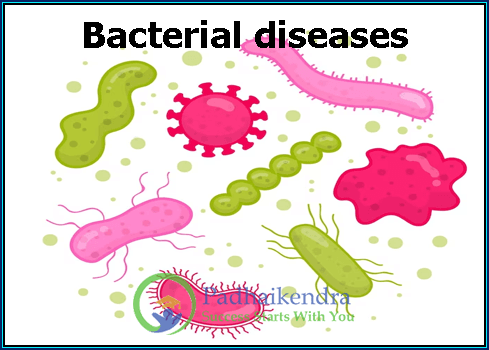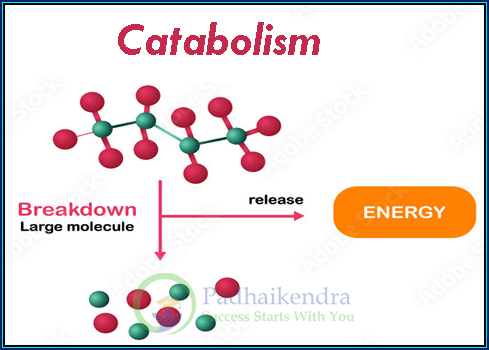Fermentation and glycolysis are two related but distinct metabolic processes that occur in cells to produce energy.
Glycolysis is the initial step in cellular respiration and occurs in the cytoplasm of cells. It is a process that breaks down glucose into pyruvate, producing a small amount of ATP (adenosine triphosphate) as well as NADH (nicotinamide adenine dinucleotide). Glycolysis is an oxygen-independent process, meaning that it does not require oxygen to occur.
Fermentation, on the other hand, is a process that occurs in the absence of oxygen or when there is an insufficient supply of oxygen. Fermentation is a metabolic process that converts the pyruvate produced by glycolysis into different end products such as lactic acid, ethanol, or other organic acids. The purpose of fermentation is to regenerate NAD+ (nicotinamide adenine dinucleotide) for use in glycolysis, allowing the cell to continue to produce ATP in the absence of oxygen. Fermentation also produces a small amount of ATP directly.
In summary, glycolysis is a process that breaks down glucose to produce ATP and NADH, while fermentation is a process that converts pyruvate into different end products to regenerate NAD+ for use in glycolysis. Glycolysis can occur in the presence or absence of oxygen, while fermentation occurs only in the absence of oxygen.





